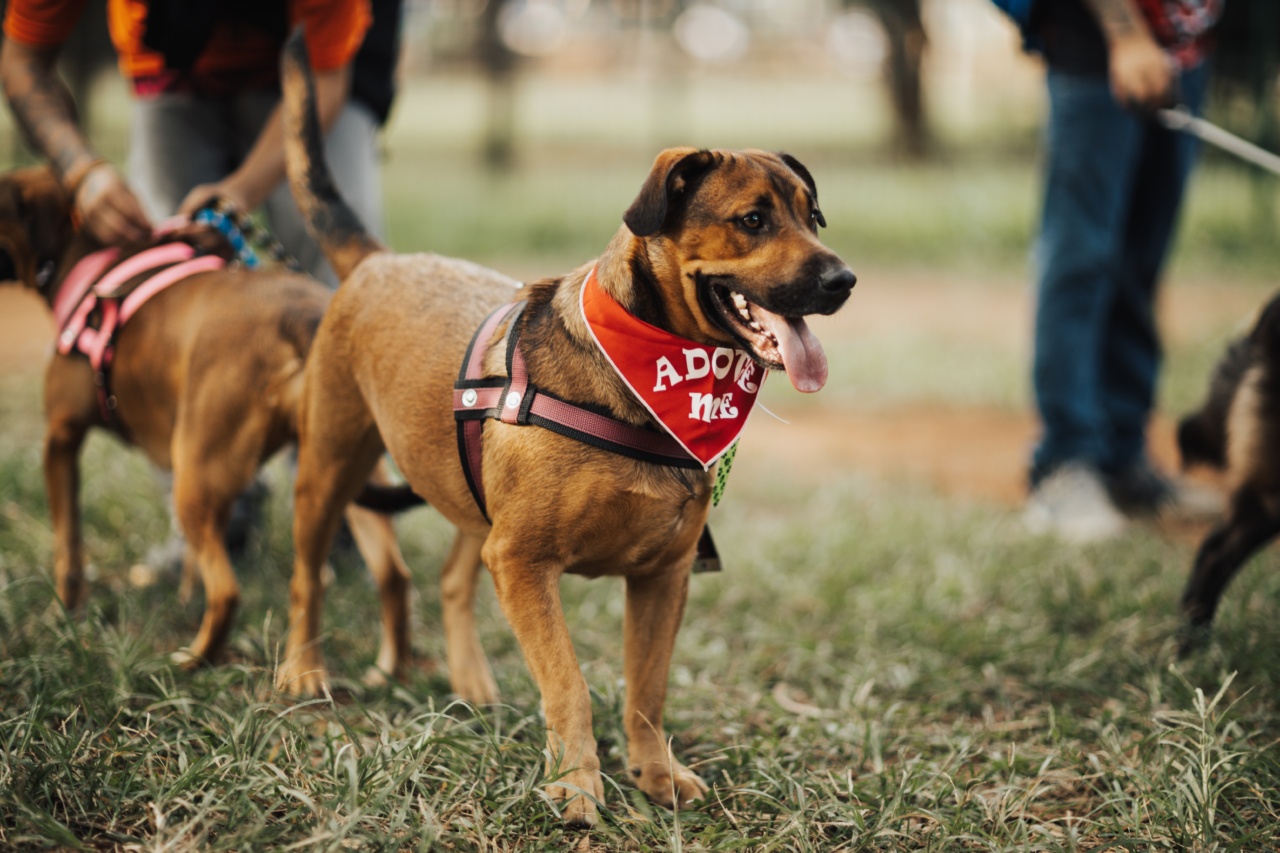Dogs are known to be man’s best friend. They make great companions and provide a lasting source of happiness and comfort for their owners. However, like every living being, dogs make mistakes. The question is, should we humans punish them for it?.
The Nature of Dogs
Dogs are instinctual beings. They act on their instincts and respond to stimuli in their environment. They also lack the ability to rationalize or understand human concepts like right and wrong, good and bad.
This means that when a dog makes a mistake, it’s not because they are being malicious or purposely destructive.
For example, if a dog chews up a pair of shoes, it’s not because they wanted to ruin them or cause harm. It’s because they were curious, bored, or anxious, and the shoes happened to be available for them to explore.
In fact, dogs often act out of pure innocence without realizing the consequences of their actions.
The Purpose of Punishment
So if dogs don’t act out of malice or intention to cause harm, why do we punish them? The purpose of punishment is to teach a lesson, correct behavior, and prevent future mistakes.
However, to be effective, punishment must be given at the right time, in the right way, and for the right reasons. Unfortunately, punishing dogs after the fact does not meet any of these criteria.
Dogs don’t have the ability to connect past behaviors with present consequences the way humans do. This means that punishing a dog after the fact will not teach them anything, nor will it prevent future mistakes.
In fact, it may have the opposite effect and cause more anxiety and fear, leading to even more mistakes.
Positive Reinforcement
So if punishment is not effective, what is? The answer is positive reinforcement. Positive reinforcement is a type of training that rewards good behavior rather than punishing bad behavior.
It works by reinforcing the behaviors we want to see, making them more likely to happen again in the future.
For example, if a dog chews on a toy instead of shoes, we reward them with praise and treats. This will increase the likelihood of the dog choosing the toy over the shoes in the future.
Positive reinforcement not only teaches dogs what we want them to do but also strengthens the bond between owner and pet.
Alternatives to Punishment
There are many alternatives to punishment that can be used to correct behavior and prevent future mistakes.
- Redirecting: redirecting a dog’s attention to an appropriate behavior can be an effective way to prevent mistakes. For example, if a dog is jumping on a guest, redirecting their attention to a toy or treat can prevent further jumping.
- Training: training is an effective way to teach dogs good behavior. Positive reinforcement training uses rewards to teach a dog what to do rather than punishing what not to do.
- Supervision: keeping an eye on your dog can prevent mistakes from happening in the first place. This is especially important for puppies who are still learning what is and isn’t acceptable behavior.
Conclusion
In conclusion, punishing dogs for their mistakes is not an effective way to correct behavior or prevent future mistakes.
Instead, positive reinforcement, redirecting, training, and supervision are all effective alternatives that strengthen the bond between owner and pet while teaching good behavior. Dogs are innocent creatures who act on instinct, and punishing them for their mistakes only causes more harm than good.


























